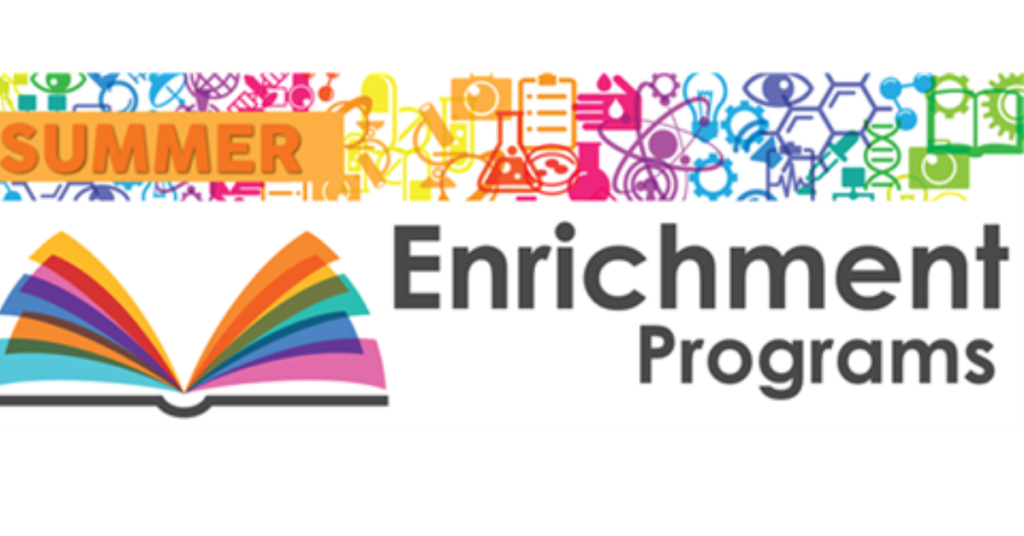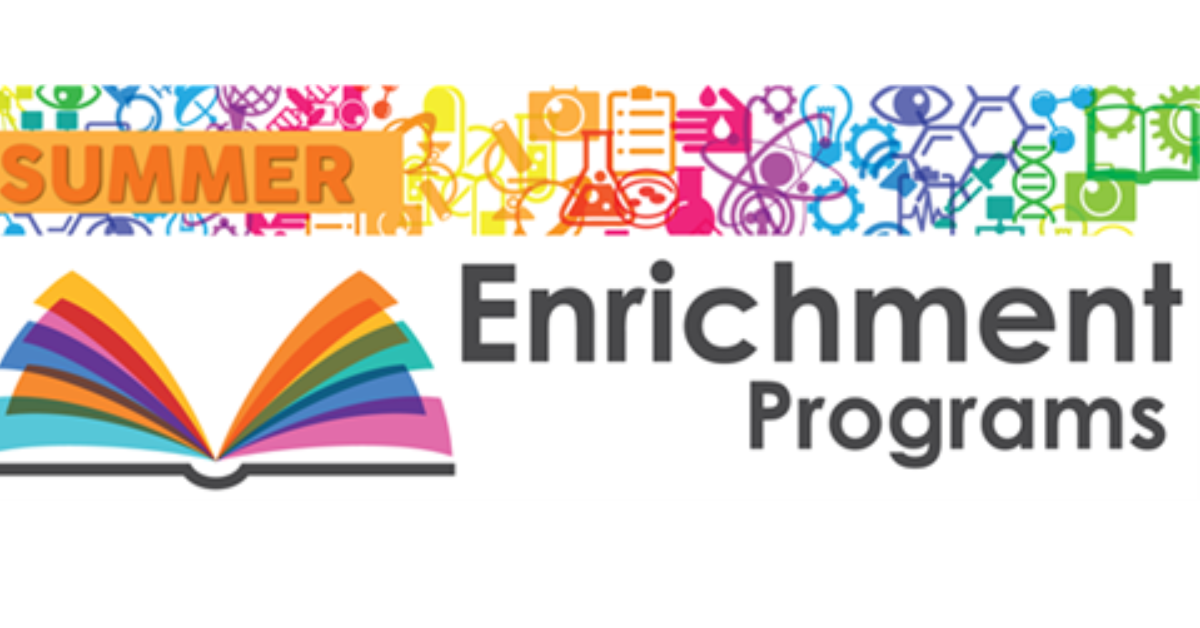In an era where educational competitiveness is at an all-time high, university pre-college programs have emerged as essential avenues for high school students eager to enhance their academic prospects. These programs provide a unique platform for students to engage with college-level coursework, explore academic interests, and acquire crucial skills that pave the way for future success in higher education. This article examines the significance, structure, benefits, and various types of university pre-college programs, showcasing how they serve as pivotal stepping stones for aspiring college students.

Understanding University Pre-College Programs
What Are Pre-College Programs?
Pre-college programs are specialized educational initiatives designed for high school students, typically ranging from grades 9 to 12. These programs aim to introduce students to the college experience by exposing them to college-level coursework and environments. They can take various forms, such as summer sessions, weekend workshops, or year-round courses, allowing students to immerse themselves in subjects of interest while developing essential academic skills.
Objectives of Pre-College Programs
The primary objectives of pre-college programs include:
- Academic Preparation: To equip students with the foundational knowledge and skills necessary for success in college-level studies.
- College Readiness: To familiarize students with the college experience, promoting effective time management, study habits, and self-discipline.
- Career Exploration: To introduce students to various fields of study and potential career paths, aiding them in making informed decisions about their futures.
- Networking Opportunities: To connect students with peers, faculty, and university resources, fostering a sense of belonging and community.
Types of University Pre-College Programs
University pre-college programs can be categorized into several types, each offering distinct experiences and advantages for participating students:
1. Summer Programs
Summer pre-college programs are among the most popular options available to students. These intensive courses allow participants to delve into specific subjects during the summer months. Many programs focus on areas such as STEM (Science, Technology, Engineering, and Mathematics), humanities, or the arts. Students often have the chance to earn college credits, engage in hands-on projects, and participate in extracurricular activities that enhance their college readiness.
2. Academic Year Programs
These programs are offered throughout the academic year and may include Saturday classes, evening courses, or after-school enrichment activities. Academic year programs often emphasize skill development and exploration of advanced topics, allowing students to balance their high school commitments while gaining exposure to college-level material.
3. Online Pre-College Programs
The growth of digital education has led many universities to develop online pre-college programs. These virtual courses enable students to participate from any location, making higher education more accessible. Online programs cover a broad spectrum of subjects and often incorporate interactive elements such as virtual labs and discussions.
4. Research Programs
Research pre-college programs give students the opportunity to engage in scientific inquiry and academic research under the mentorship of faculty members. These programs typically culminate in a research project or presentation, allowing students to develop critical analytical skills and gain practical experience in their chosen fields.
5. Cultural and Language Immersion Programs
Cultural and language immersion pre-college programs provide students with opportunities to explore diverse cultures while enhancing their language skills. These programs often include study abroad experiences, workshops, and cultural excursions that promote global awareness and intercultural communication.
Benefits of University Pre-College Programs
Participating in pre-college programs offers numerous advantages for high school students, including:
1. Enhanced Academic Skills
Pre-college programs create a rigorous academic environment that challenges students to think critically and develop effective study habits. By engaging with college-level coursework, students build confidence in their academic abilities and become better prepared for the demands of higher education.
2. Exposure to College Life
Experiencing college life firsthand helps students acclimate to the social and academic challenges they may face in the future. This exposure fosters independence, time management skills, and a sense of responsibility, all of which are essential for success in college.
3. Networking Opportunities
Pre-college programs provide students with the chance to connect with like-minded peers and establish relationships with faculty members. These connections can lead to mentorship opportunities, letters of recommendation, and a supportive network that proves invaluable during the college application process and beyond.
4. Informed Career Decisions
By exploring various fields of study, students can gain insights into potential career paths, helping them make informed decisions about their futures. Many programs also include career workshops and guest speakers from diverse industries, providing valuable perspectives on different professions.
5. Increased College Readiness
Participation in pre-college programs often leads to improved college readiness as students become familiar with the academic rigor and expectations of higher education. This preparedness can enhance their confidence and performance as they transition into college.
Considerations for Students and Parents
While university pre-college programs offer significant benefits, students and parents should consider several factors before enrolling:
1. Program Costs
Many pre-college programs require tuition fees, which can vary widely. Families should research financial aid options, scholarships, or sliding scale fees that may be available to help offset costs.
2. Program Reputation and Accreditation
Students should investigate the reputation and accreditation of the pre-college program and the university offering it. Ensuring that the program is recognized and respected can enhance the value of the experience and any credits earned.
3. Time Commitment
Students should carefully assess their schedules to determine if they can balance a pre-college program with their high school commitments. While these programs are beneficial, they should not overwhelm students or detract from their primary academic responsibilities.
4. Personal Interests
Students should select programs that align with their interests and career aspirations. Engaging in areas they are passionate about can maximize the benefits of the experience and inspire them to pursue those fields further.
Conclusion
University pre-college programs are invaluable resources for high school students seeking to enhance their academic skills, explore career options, and prepare for the challenges of college life. By providing a structured yet flexible environment, these programs empower students to take charge of their educational journeys and gain a competitive edge as they transition into higher education. As students navigate their academic paths, pre-college programs illuminate the way forward, fostering the next generation of leaders, innovators, and scholars.
